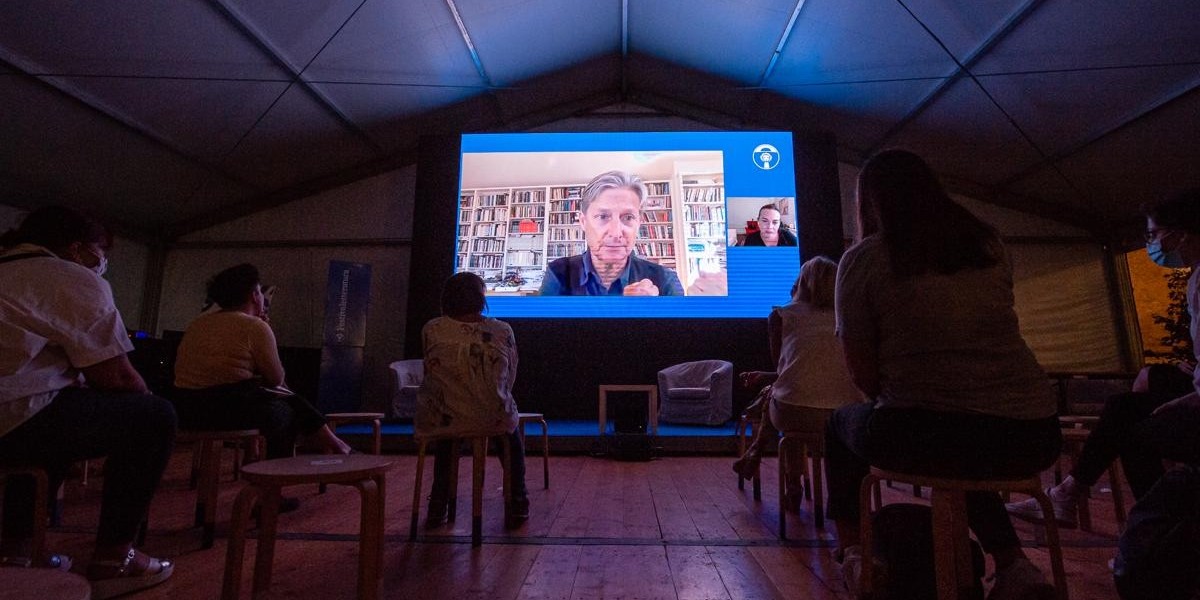
An analysis of current affairs from a philosophical perspective
“As much as we applaud Martin Luther King and Gandhi, nonviolence is understood as an impractical form of idealism for our time, and people who talk seriously about nonviolence are considered to be unserious politically. Which disregards the enormously consequential accomplishments achieved by these movements in recent years”. American philosopher Judith Butler’s new book, The Force of Nonviolence: An Ethico-Political Bind, conjoins psychoanalysis, moral philosophy and social theory by drawing upon the works of a diverse pool of theorists – from Franz Fanon to Michel Foucault, from Achille Mbembe to Walter Benjamin – in an attempt “to bring together different frameworks to see what can be produced by allowing them to supplement each other”.
Butler’s book, which is a celebration of nonviolence as a force for change, integrates her uniquely American perspective with her training in continental philosophy, and disputes the tendency of academia to protect itself from current affairs by contending instead that philosophy as a discipline “needs to respond and engage with historical events and large social patterns while attempting to clarify what is actually happening”. The urgency of addressing the crucial issues of our time is visible in her discussion of the dignity of mourning in relation to the neglect of black and brown communities by American public policy: "Systemic inequality produces the notion that certain human lives can be grieved, and are therefore valuable, while others are not. Living as someone whose loss would not matter induces a phenomenological sense of disposability which precludes the option of a meaningful existence."
In that sense, Black Lives Matter protests are acts of public mourning which assert the value of African-American lives too often ravaged by poverty, illness and police and white supremacist violence”. A violence that stems from the phantasmatic construction of the black man as a figure of uncontrollable violence, but which is often just “a projection of the murderousness of the perpetrators, which rely on that image as a justification to kill”. But the recent wave of racially charged and gender-based violence does not excuse resorting to violent tactics, even when it seems most justifiable: “As soon as physical force is used as a means to an end, it sets a precedent, it gains a life of its own. It is important to be sympathetic with the desire for violence and collectively channel those urges into producing a less violent world rather than let them unfold”.
In her concluding remarks, she stresses the moral duty to engage in ethical binds of solidarity due to our shared human condition of vulnerability: “We cannot change the fact that we depend on basic services to live, and that those zones of dependency extend to the social institutions those services are provided by. Our lives depend on equal and just systems of social and economic organisation, which are only possible in a more radical form of social democracy”



